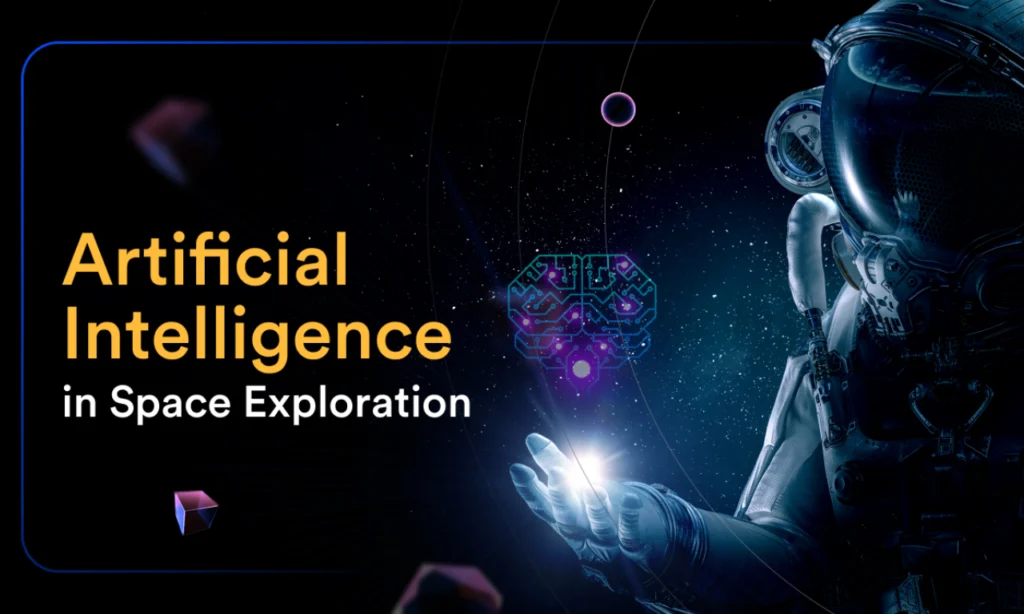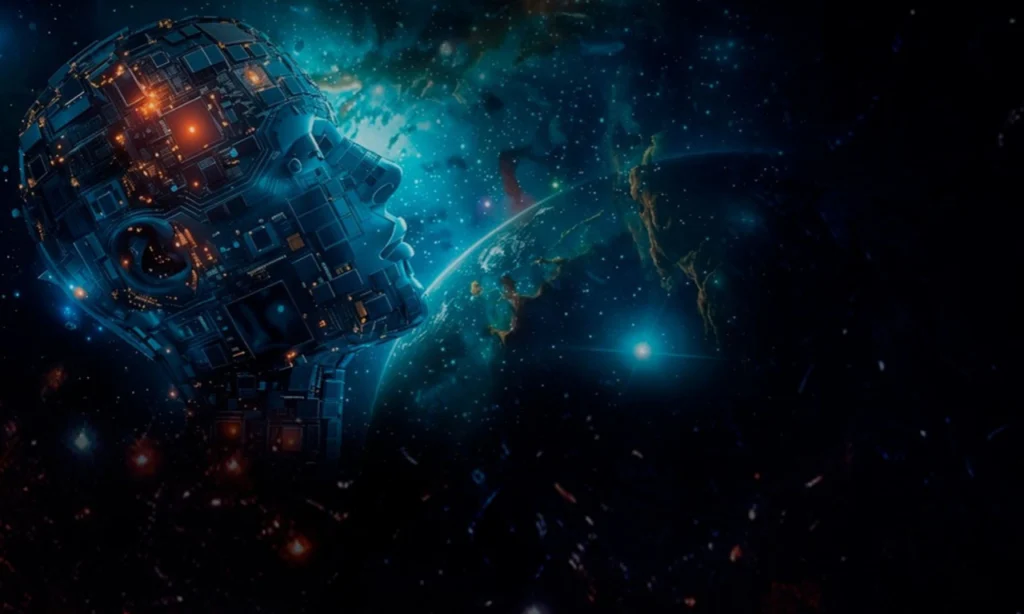Introduction:
In the ever-evolving landscape of space exploration, the Indian Space Research Organization (ISRO) has been at the forefront of pioneering advancements. In recent years, the infusion of artificial intelligence (AI) into ISRO’s operations has marked a quantum leap, revolutionizing the way space missions are conceptualized, planned, and executed. This article delves into the innovative integration of AI technologies by ISRO, unraveling the transformative impact on space exploration endeavors.
AI in Mission Planning:

ISRO’s missions are intricate puzzles, demanding precise planning and execution. AI algorithms are now employed to optimize mission trajectories, predict celestial events, and enhance the overall efficiency of mission planning. This not only reduces the margin of error but also maximizes the utilization of resources, making ISRO’s endeavors more cost-effective.
Autonomous Spacecraft Operations:

The autonomous operation of spacecraft is a critical aspect of modern space exploration. ISRO has embraced AI to enable spacecraft to make real-time decisions, adapt to unforeseen circumstances, and even troubleshoot issues without direct human intervention. This level of autonomy ensures that missions continue smoothly, even when communication with Earth faces challenges.
Data Analysis and Image Processing:

Space missions generate vast amounts of data, particularly through satellite imaging. AI algorithms play a pivotal role in processing and analyzing this data, extracting valuable insights, and identifying patterns that might be elusive to traditional methods. This not only accelerates the pace of scientific discoveries but also enhances the accuracy of data interpretation.
Machine Learning for Space Science:

ISRO’s space science initiatives benefit from machine learning applications, aiding in the interpretation of complex astrophysical phenomena. From studying cosmic phenomena to analyzing atmospheric conditions, machine learning algorithms contribute to a deeper understanding of the universe, enabling ISRO to push the boundaries of scientific exploration.
Enhanced Navigation and Communication:

AI has elevated navigation and communication capabilities in ISRO missions. Intelligent algorithms improve satellite communication, reduce signal latency, and enhance navigation accuracy. This is particularly crucial for interplanetary missions where maintaining precise communication links is essential for mission success.
Conclusion: ISRO’s commitment to innovation has propelled the organization to new heights, and the integration of artificial intelligence stands as a testament to its forward-looking approach. The marriage of AI and space exploration not only amplifies the efficiency of missions but also opens new frontiers for scientific discovery. As ISRO continues its quantum leap into the future, the synergy between innovation and AI will undoubtedly define the next chapter of India’s space odyssey.




